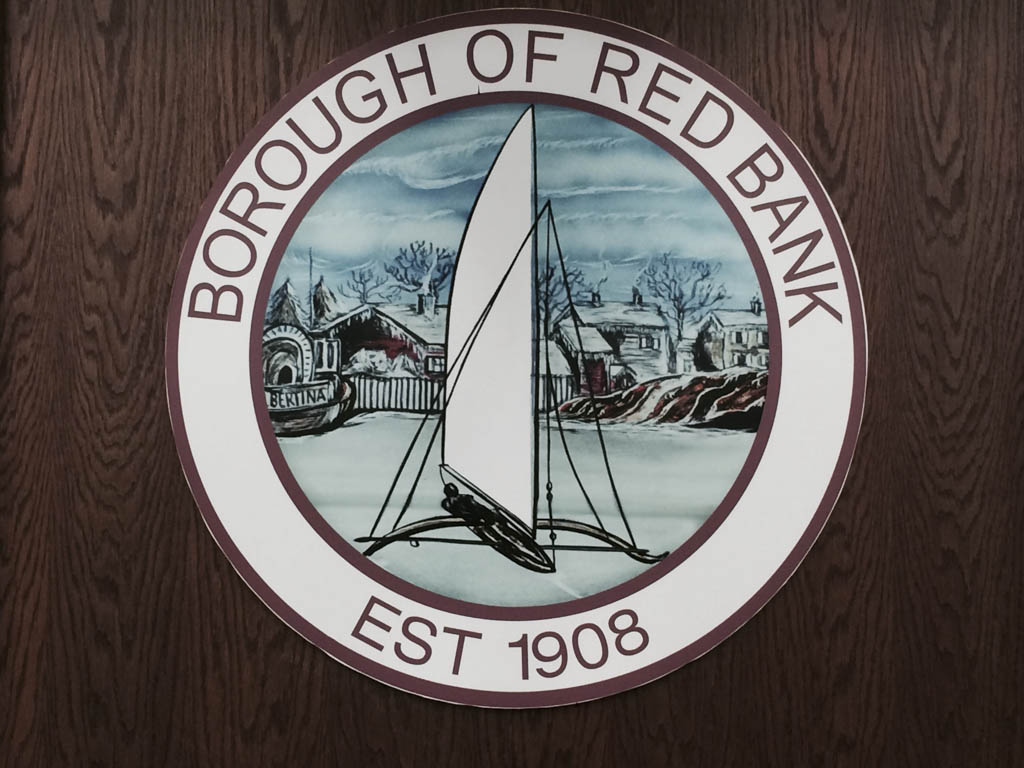The Red Bank Community Garden on Marion Street remains closed to its users following test results that indicate lead was detected at various concentrations in soil samples.
The test results are the product of an investigation conducted by engineering firm CME Associates, which was hired by borough officials after independent testing by a resident of Marion Street showed elevated levels of lead in the soil at the community garden.
The results presented by CME Aassociates do not indicate lead contamination above New Jersey Department of Environmental Protection (DEP) standards in the top 2 feet of soil, according to information posted on the Red Bank municipal website.
An immediate response is not needed by the DEP and lead was not detected in vegetable samples that were tested, according to the information on the website.
CME Associates will provide municipal officials with recommendations for remedial action and individuals who rented a plot in the community garden will receive a refund as a result of the inconvenience, according to the website.
The community garden was closed on Aug. 10 because of what officials said was an abundance of caution resulting from concerns of lead contamination in the soil.
In a Sept. 4 interview, Business Administrator Ziad Shehady said officials have begun processing refunds in the amount of $20 for the season. Shehady said it could take up to 60 days for an individual to receive a refund.
Asked if independent testing by a resident was beneficial in raising awareness about the presence of lead in the soil, Shehady said, “If members of the public have concerns about something, I welcome them to contact me so (their concerns) can be investigated correctly, rather than taking matters into their own hands for safety and liability reasons.”
In August, officials advised community garden members who grow produce at the site that access to the property was prohibited and that produce should not be harvested from the garden until further notice.
The possibility of soil contamination in the community garden was raised by a resident of Marion Street, who was not named, who conducted independent testing without the advance knowledge or consent of borough officials, according to a notice posted on the municipal website.
Officials said they could not rely upon third party data to determine if there is lead contamination in the soil and if there is, the scope or severity of the contamination.
According to the Aug. 29 report issued by CME Associates, 17 soil samples, six vegetable samples and one field sample were taken from the community garden and submitted to a laboratory and tested for lead.
The report states that impacted historic fill materials appear below the root zone. Historic fill materials are defined as non-indigenous materials that have been deposited at the site to raise topographic elevation.
Lead was not observed in any vegetables that were sampled, the report states. CME Associates suggests further investigation be conducted.
According to the report, one sample taken closest to Marion Street exceeded the Residential Direct Contact Soil Remediation Standard and the default Impact to Groundwater Soil Screening Level. Lead was detected in the remaining soil samples that do not exceed these standards.

